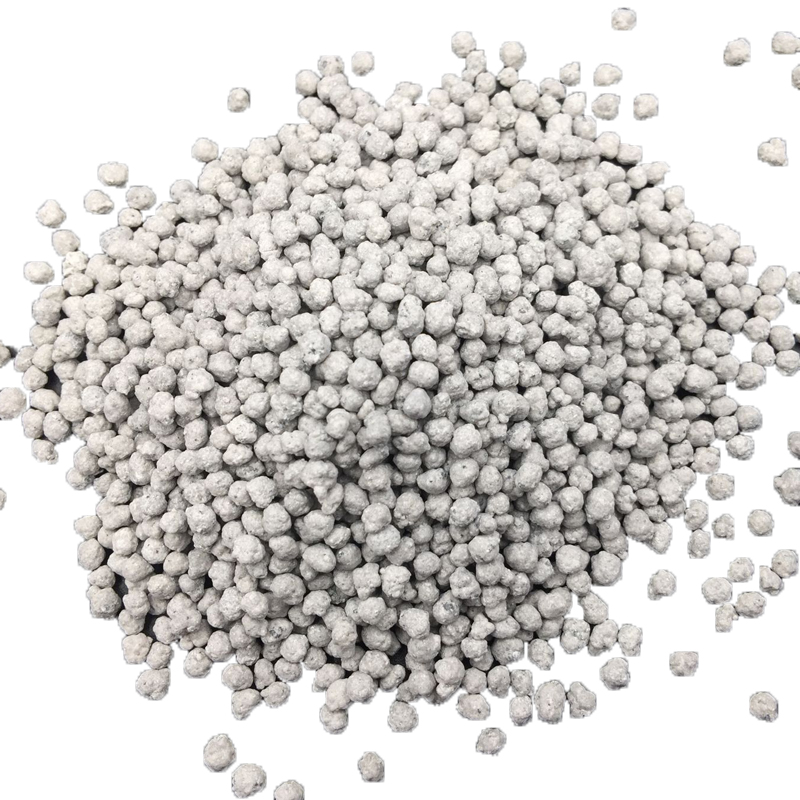
10月 . 03, 2024 18:58 Back to list
npk fertilizer plant
Understanding NPK Fertilizer Plants Essential for Agriculture
NPK fertilizer plants play a crucial role in modern agriculture by providing essential nutrients for crop growth. The term “NPK” refers to the three primary nutrients that are essential for plant health nitrogen (N), phosphorus (P), and potassium (K). Each of these elements serves a unique purpose in promoting healthy plant development, making NPK fertilizers indispensable for farmers around the world.
The Role of NPK Nutrients
1. Nitrogen (N) This nutrient is vital for the growth of leaves and stems. Nitrogen is a key component of chlorophyll, the green pigment that facilitates photosynthesis. Inadequate nitrogen levels can lead to stunted growth, poor leaf development, and yellowing of leaves, a condition known as chlorosis.
2. Phosphorus (P) Phosphorus is important for root development and flowering. It plays a critical role in the processes that convert sunlight into energy—specifically, photosynthesis and respiration. A phosphorus deficiency can lead to weak root systems and low fruit and seed production, which ultimately affects crop yields.
3. Potassium (K) Potassium enhances overall plant health, improving drought resistance and disease tolerance. It regulates various physiological processes, including water uptake and enzyme activation. Without adequate potassium, plants may exhibit weak stems, poor fruit quality, and an increased susceptibility to diseases.
Production of NPK Fertilizers
npk fertilizer plant

NPK fertilizers are produced in specialized plants that combine these nutrients in specific ratios based on agricultural needs. The production process generally involves the processing of raw materials, including ammonium sulfate, potassium chloride, and phosphate rock. These raw materials undergo several chemical processes to produce granules or powders that farmers can easily apply to their fields.
The ratios of nitrogen, phosphorus, and potassium in NPK fertilizers are typically indicated on the packaging, such as 10-20-10. This means the fertilizer contains 10% nitrogen, 20% phosphorus, and 10% potassium. Farmers choose specific NPK blends based on the nutrient requirements of their crops and the soil conditions of their fields.
Environmental Considerations
While NPK fertilizers are beneficial for enhancing crop yields, their use also raises environmental concerns. Over-application can lead to nutrient runoff into nearby water bodies, causing issues such as algal blooms which can deplete oxygen levels and harm aquatic life. Additionally, the production of synthetic fertilizers contributes to greenhouse gas emissions. As such, it is important for farmers to adopt best practices in fertilizer application, including soil testing and precision agriculture techniques to minimize adverse environmental impacts.
Conclusion
NPK fertilizer plants are vital to supporting global agricultural productivity. By supplying the essential nutrients that crops need to thrive, these plants help ensure food security for a growing population. However, it’s critical to balance the benefits of NPK fertilizers with environmental stewardship. Continued research and innovation in sustainable agriculture practices are necessary to optimize fertilizer use while protecting our ecosystems. As the demand for food increases, the importance of NPK fertilizers and responsible agricultural practices will only continue to rise.
-
10 10 10 Fertilizer Organic—Balanced NPK for All Plants
NewsJul.30,2025
-
Premium 10 10 10 Fertilizer Organic for Balanced Plant Growth
NewsJul.29,2025
-
Premium 10 10 10 Fertilizer Organic for Balanced Plant Growth
NewsJul.29,2025
-
Premium 10 10 10 Fertilizer Organic for Balanced Plant Growth
NewsJul.29,2025
-
50 Pound Bags of 13-13-13 Fertilizer for All Plants – Bulk & Organic Options
NewsJul.28,2025
-
High-Efficiency 15-30-15 Granular Fertilizer for Healthy Crops
NewsJul.28,2025
